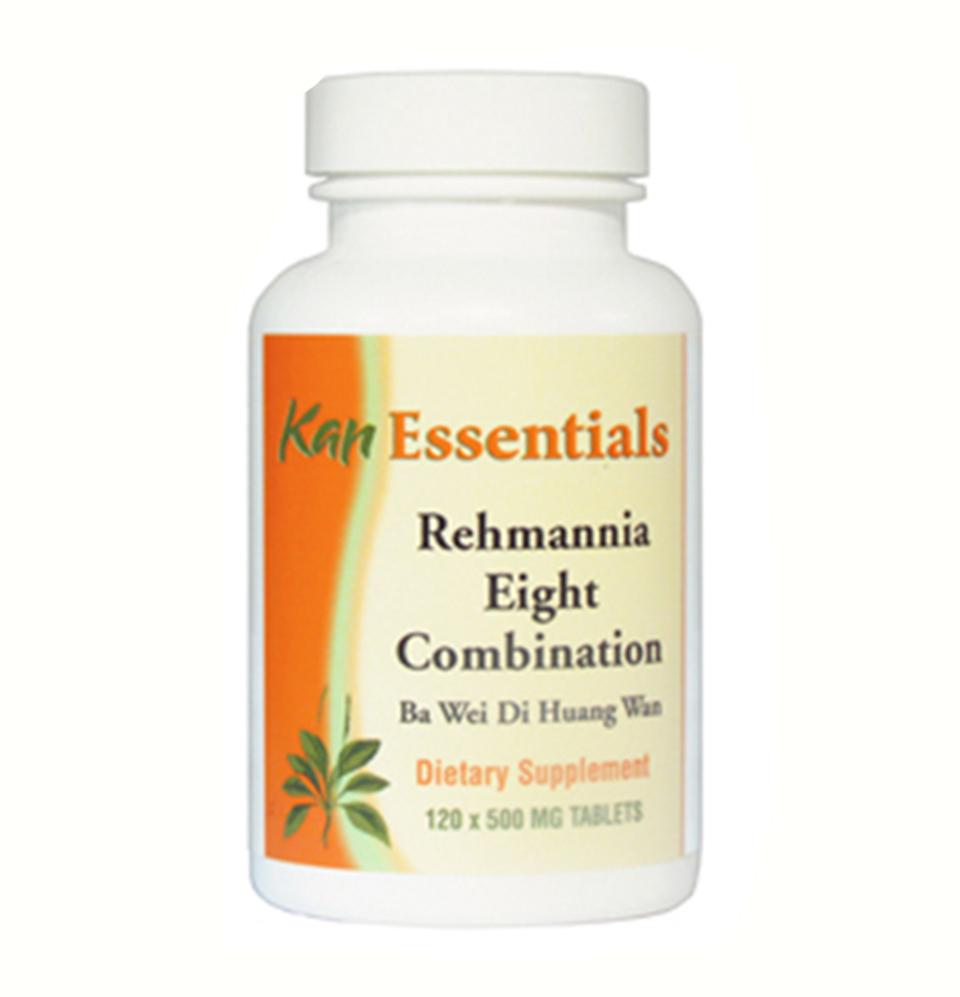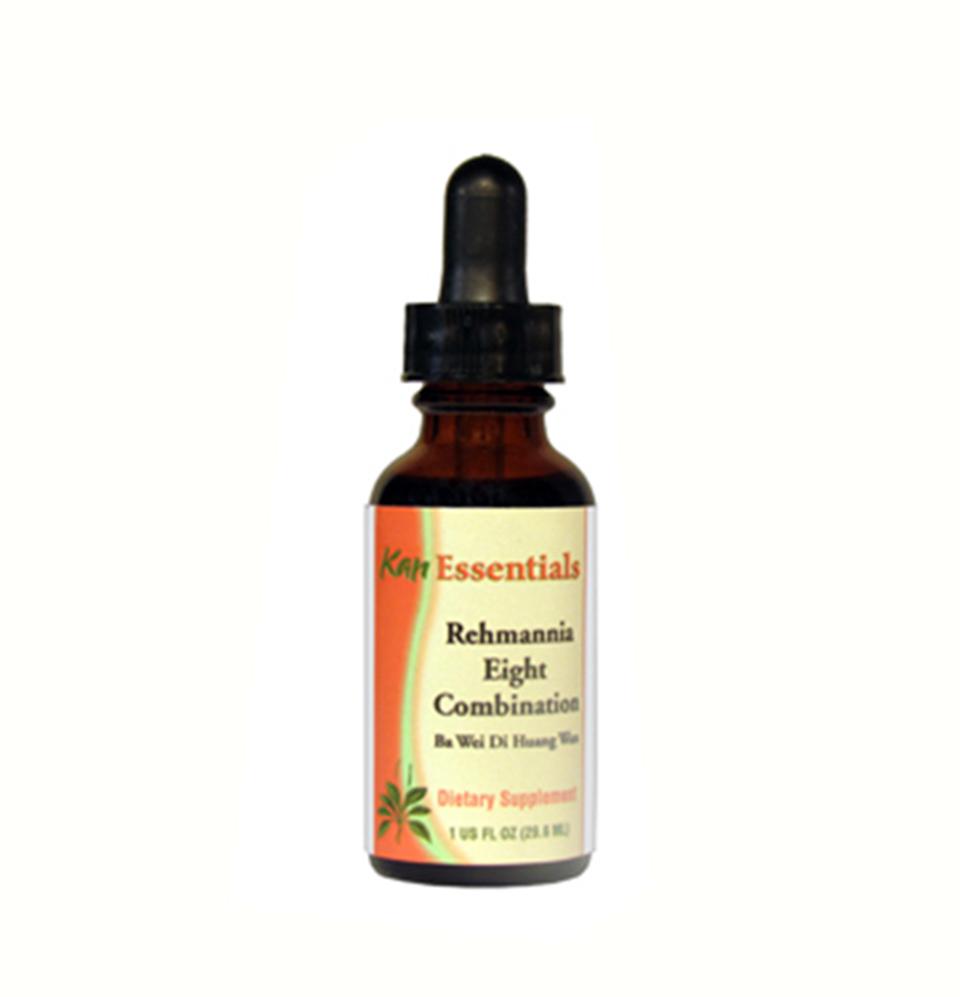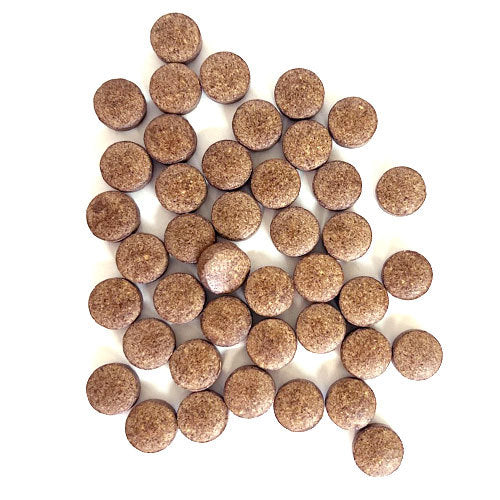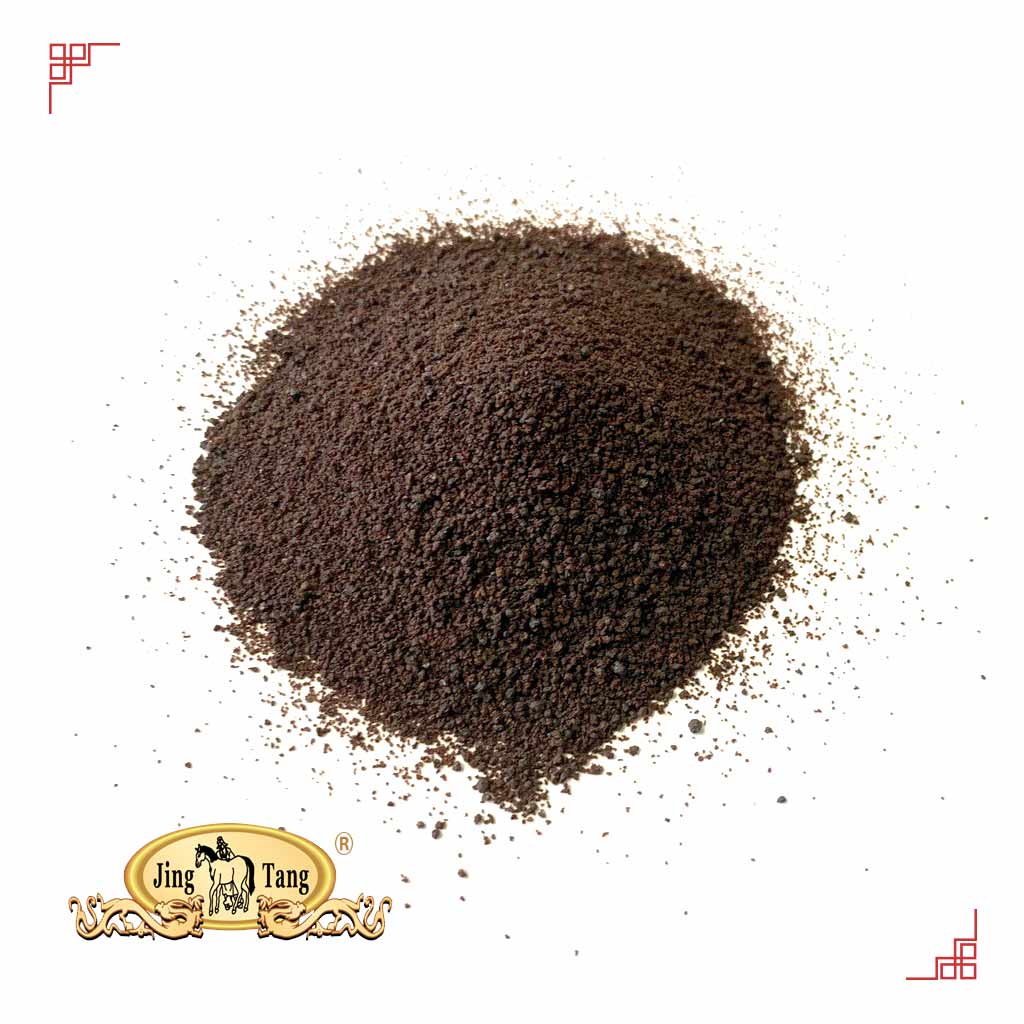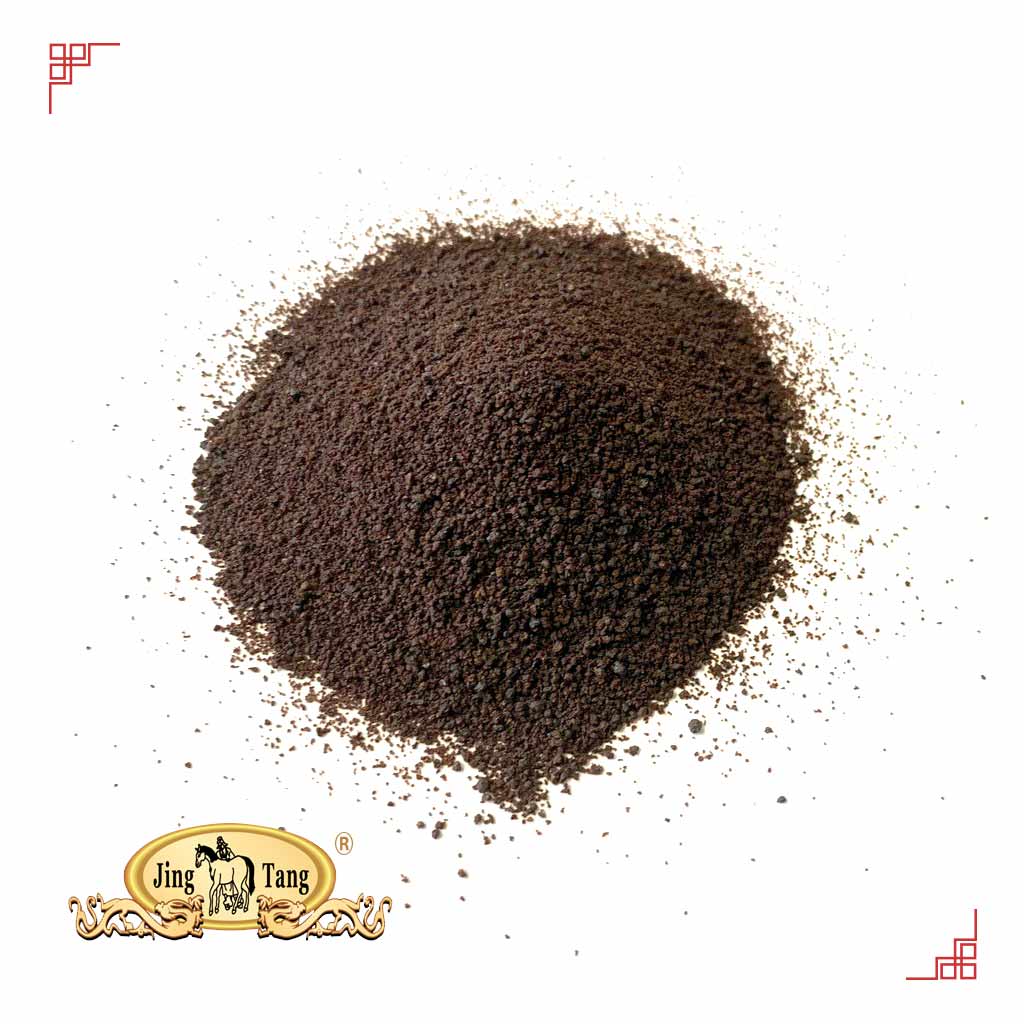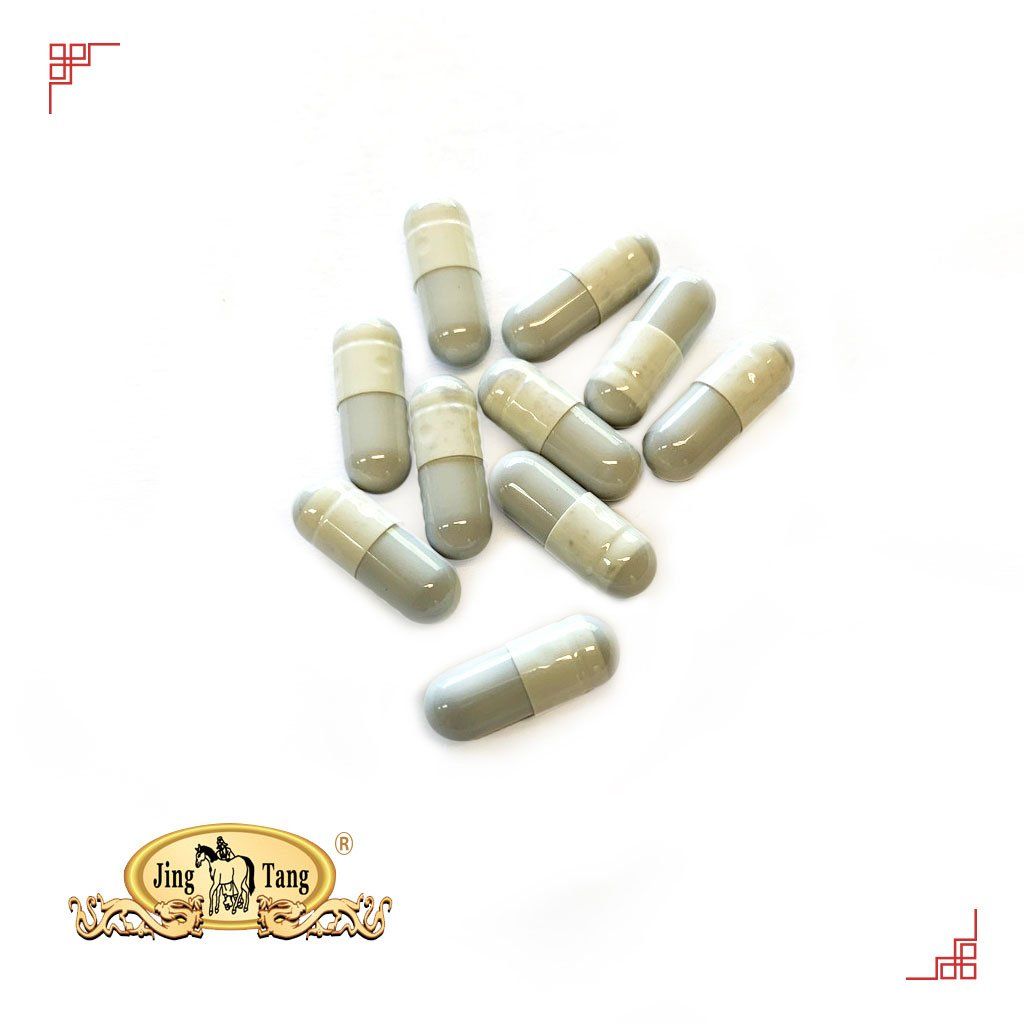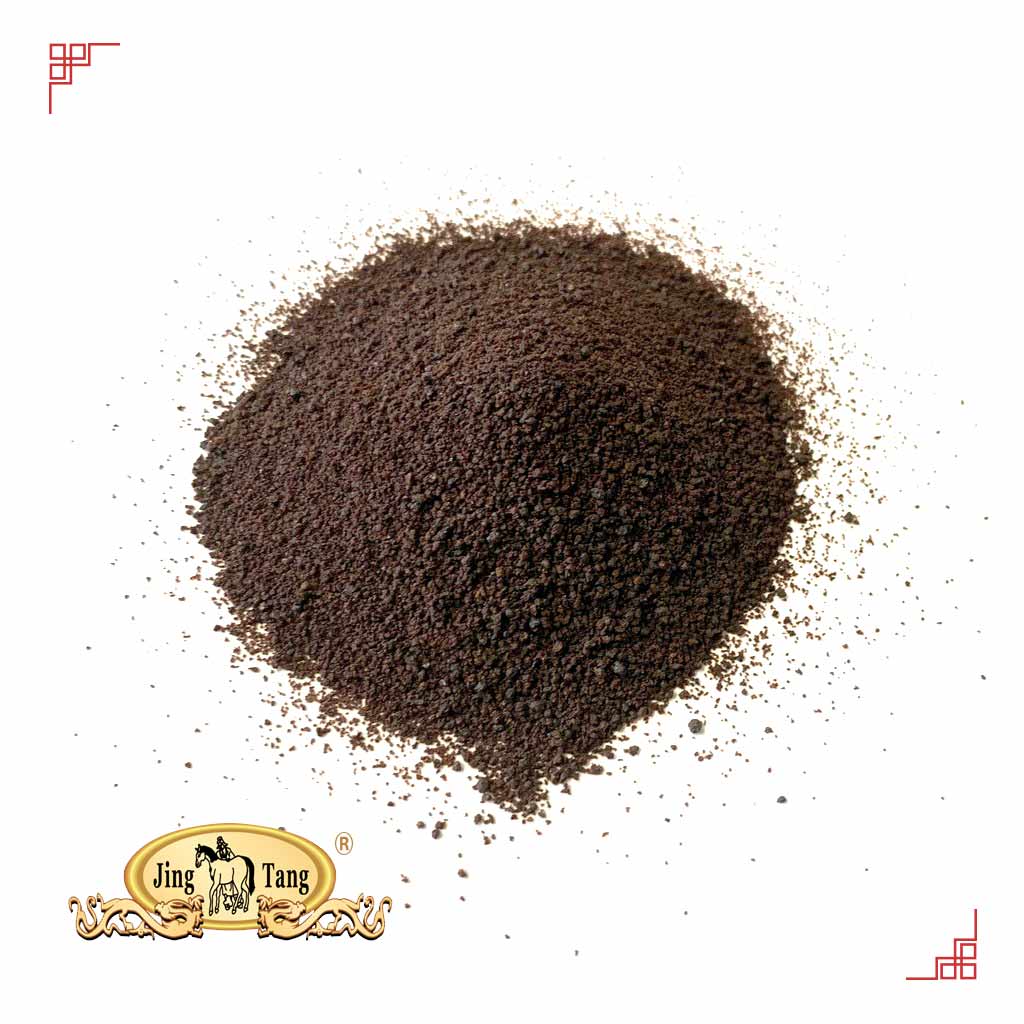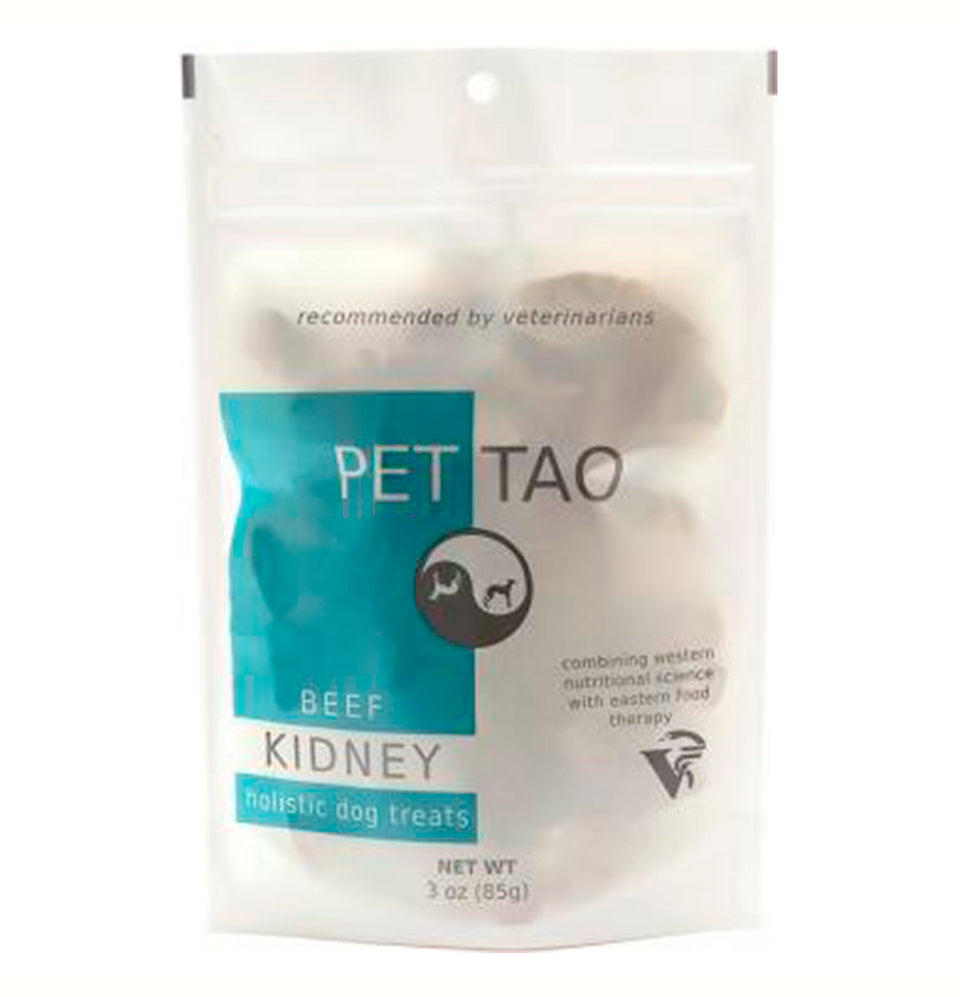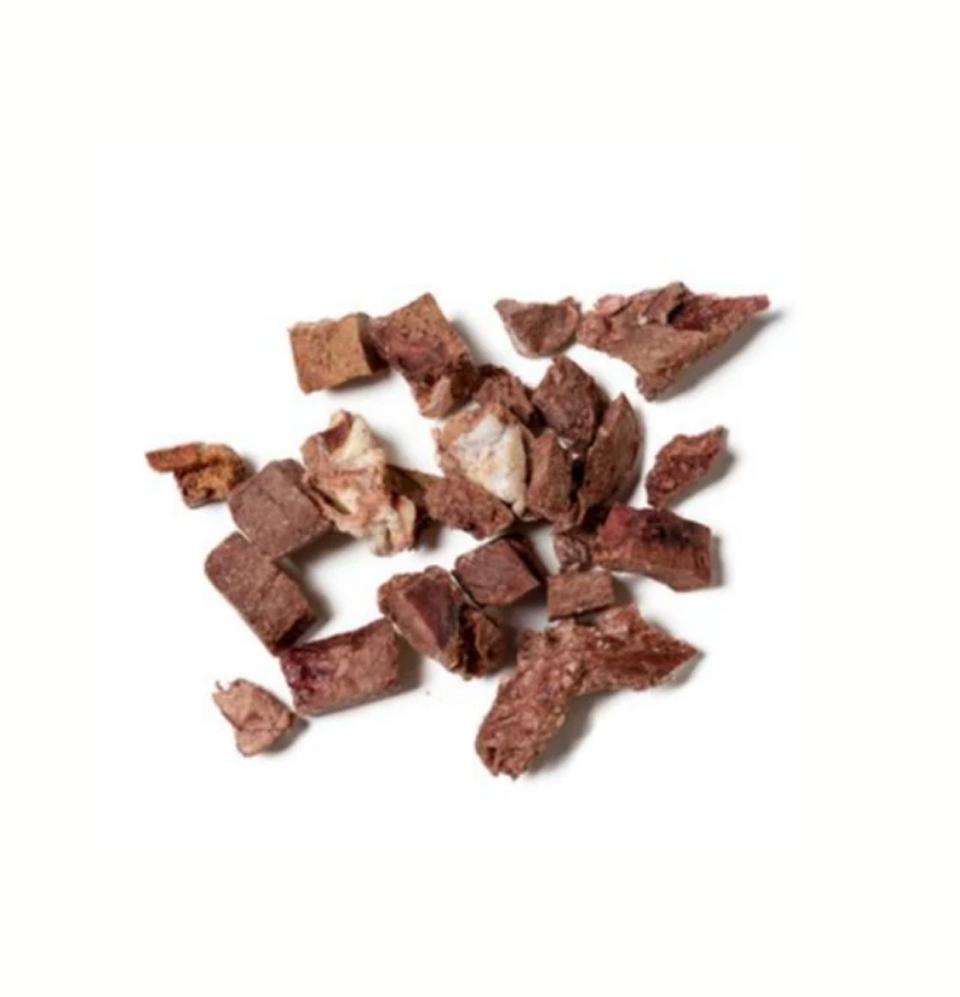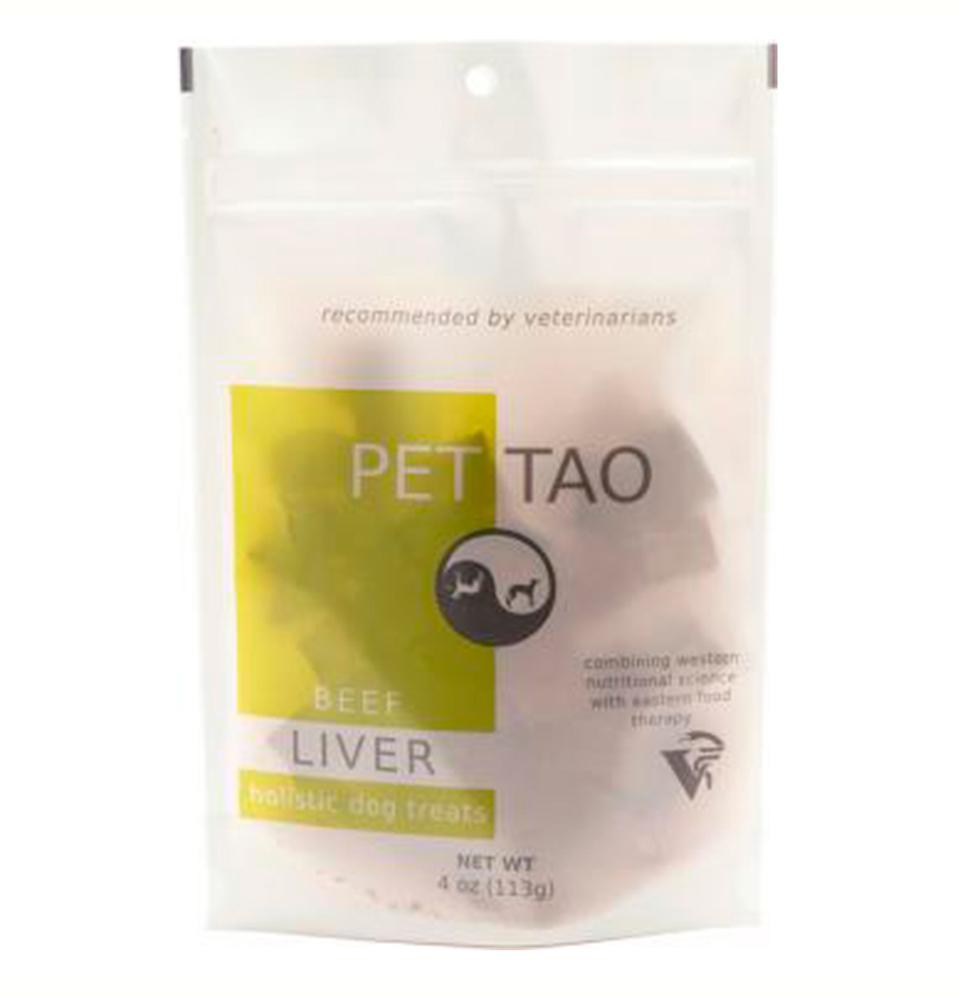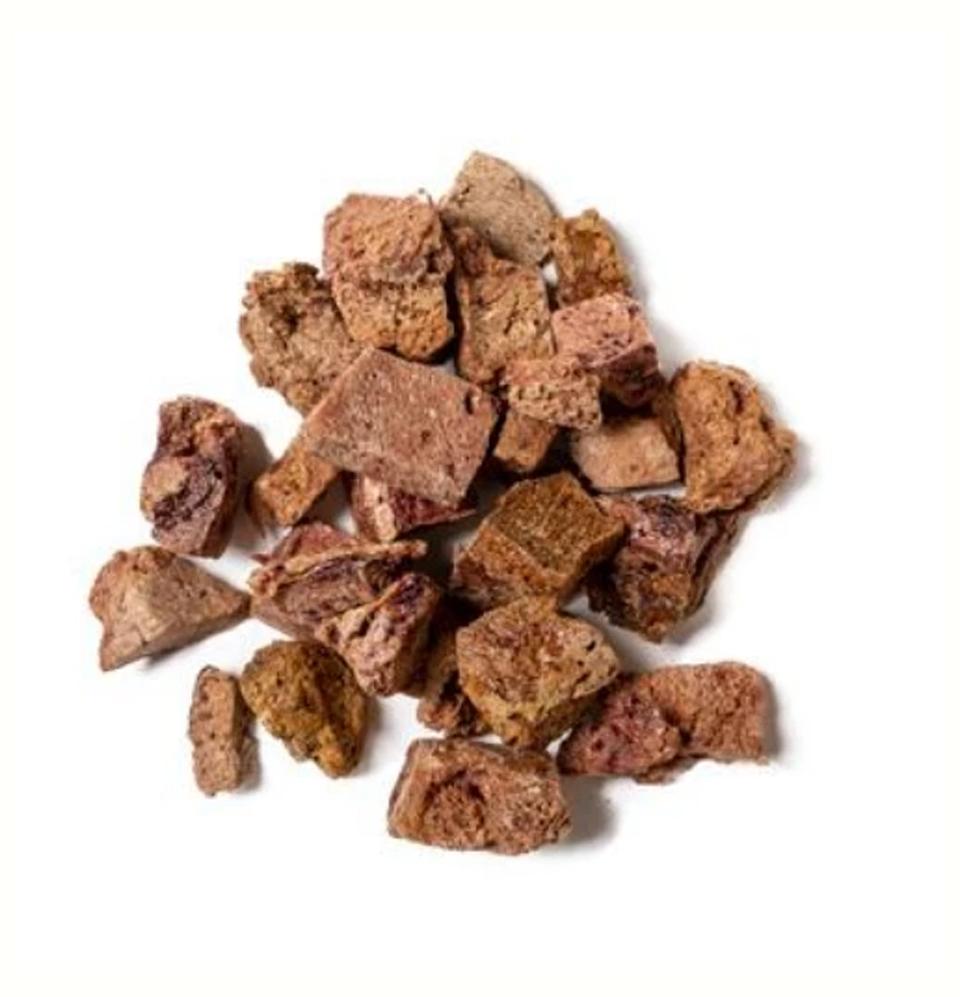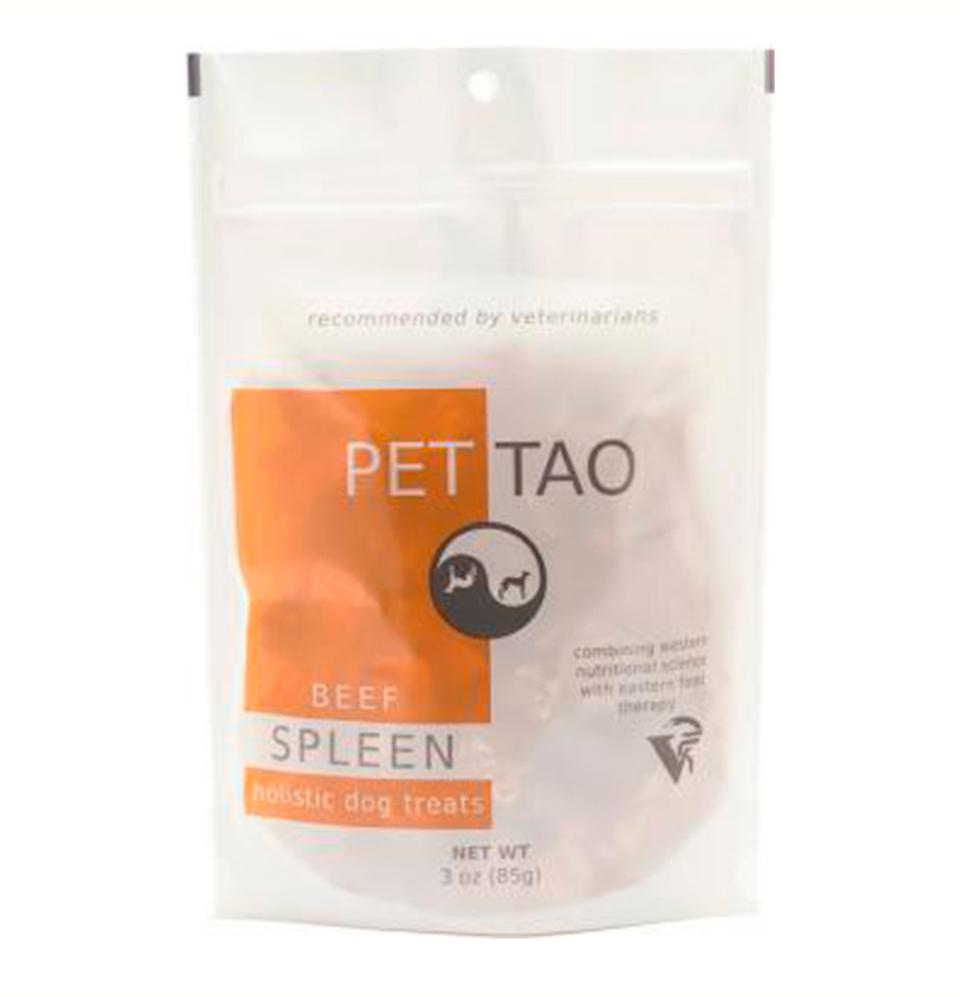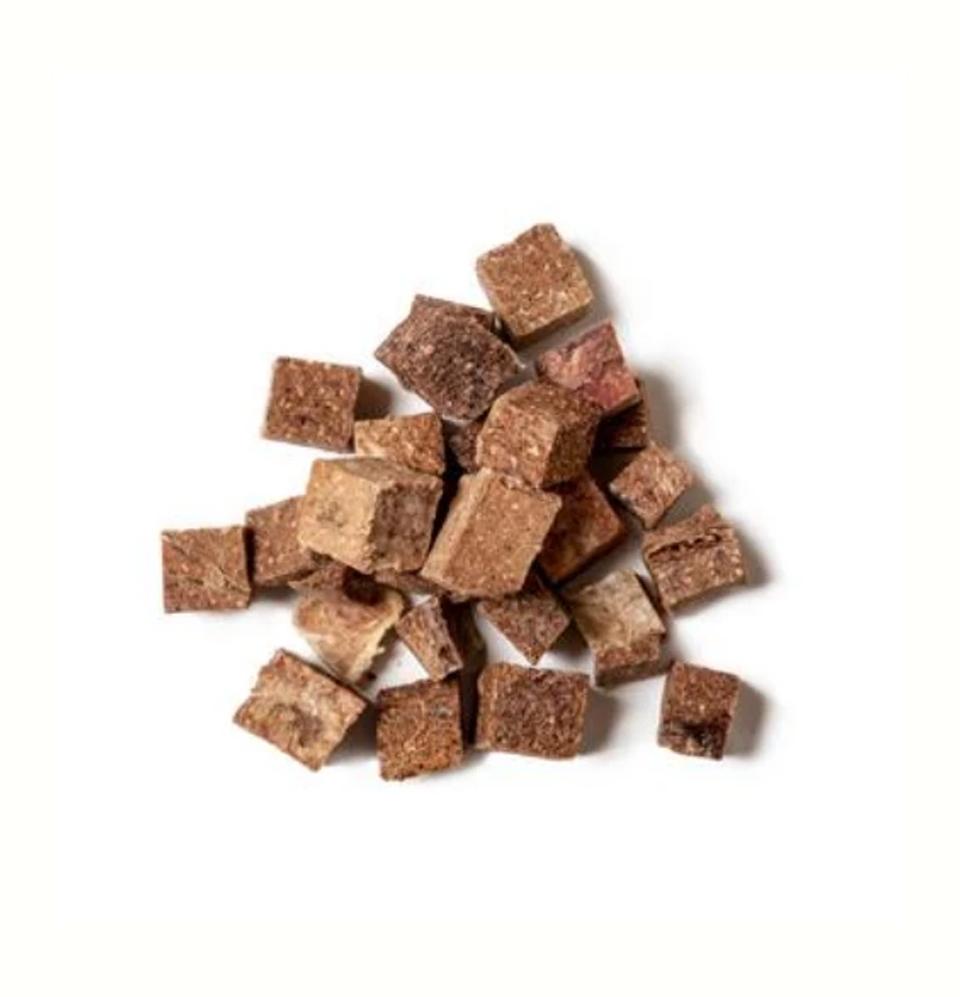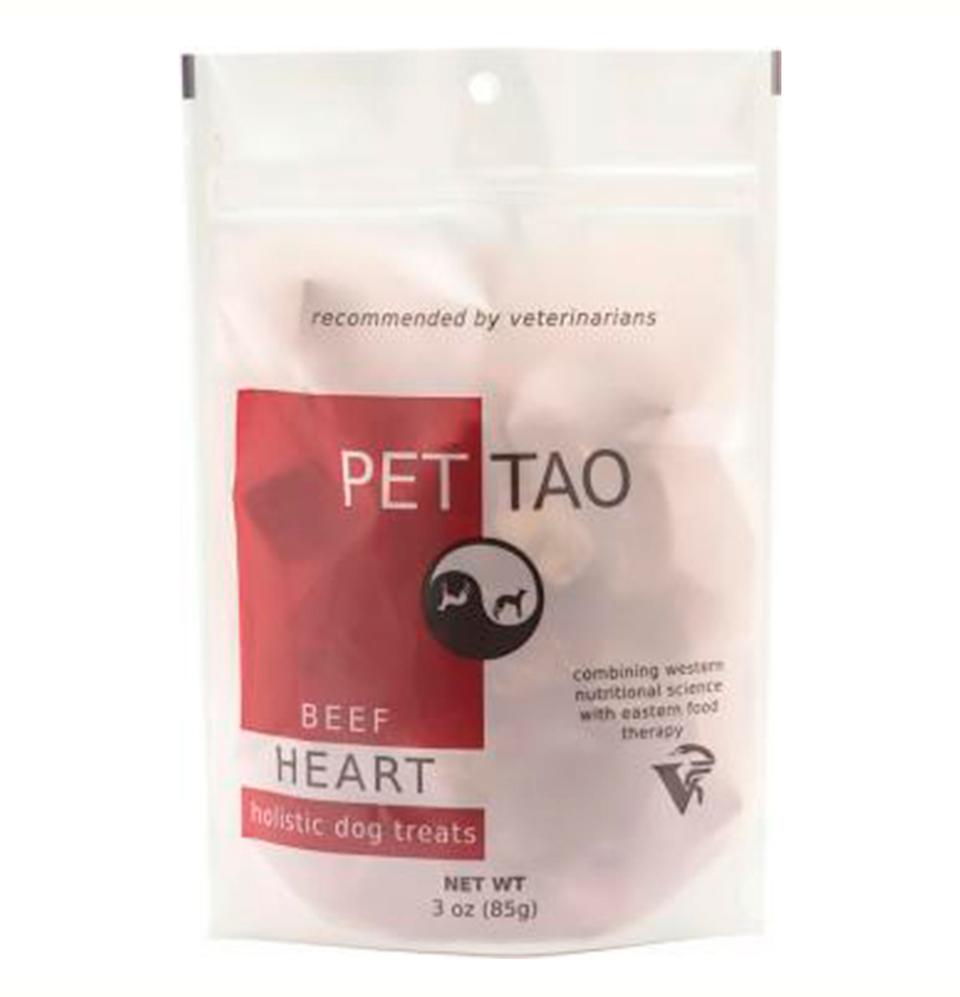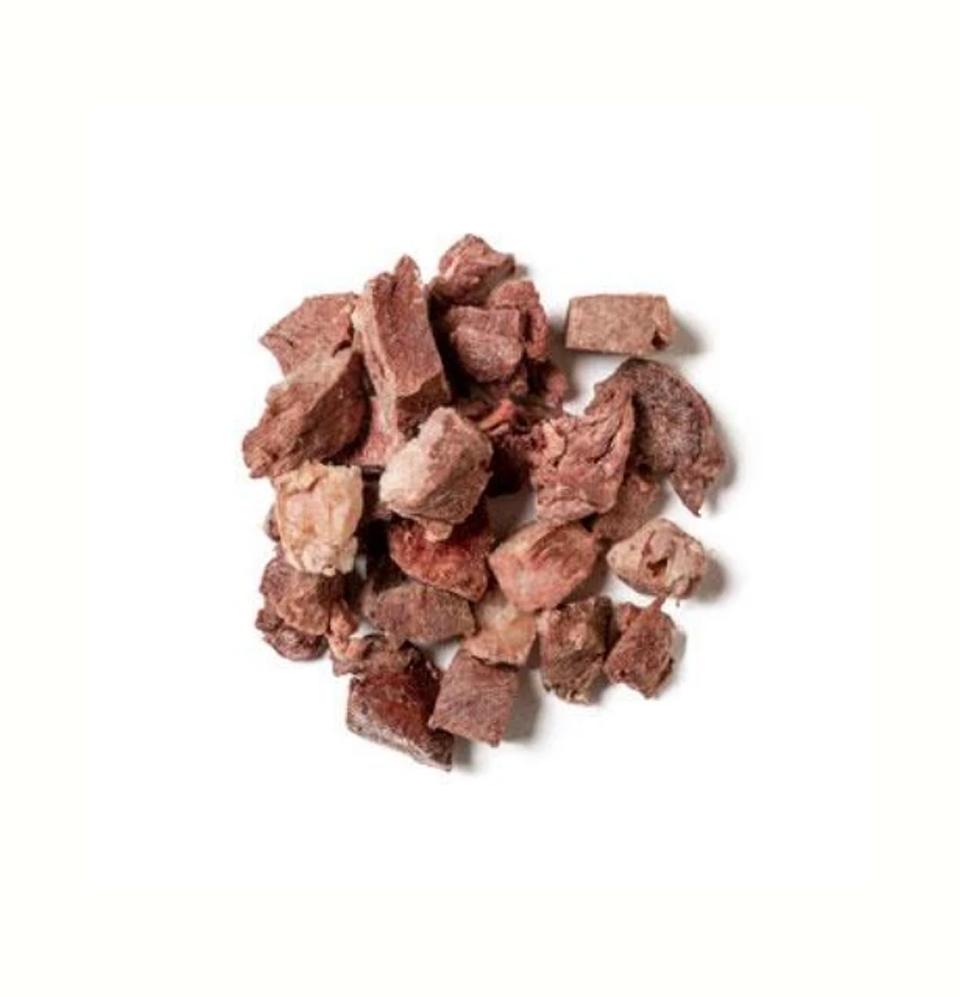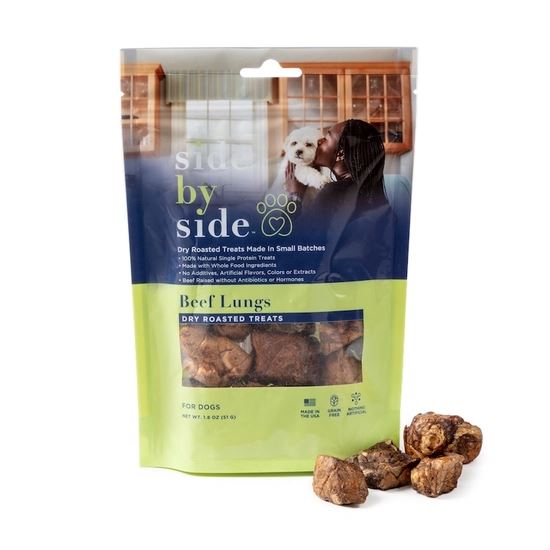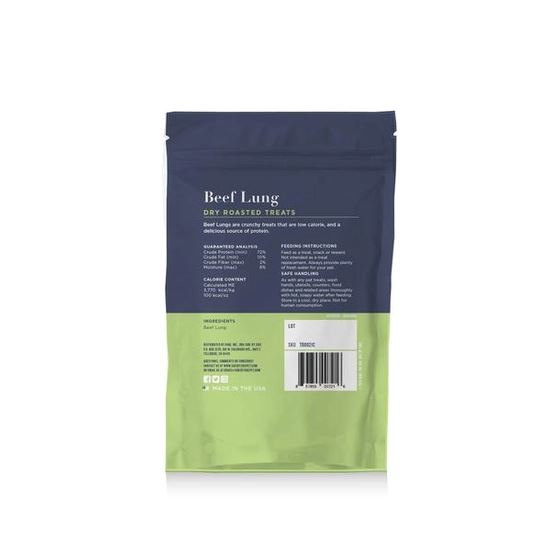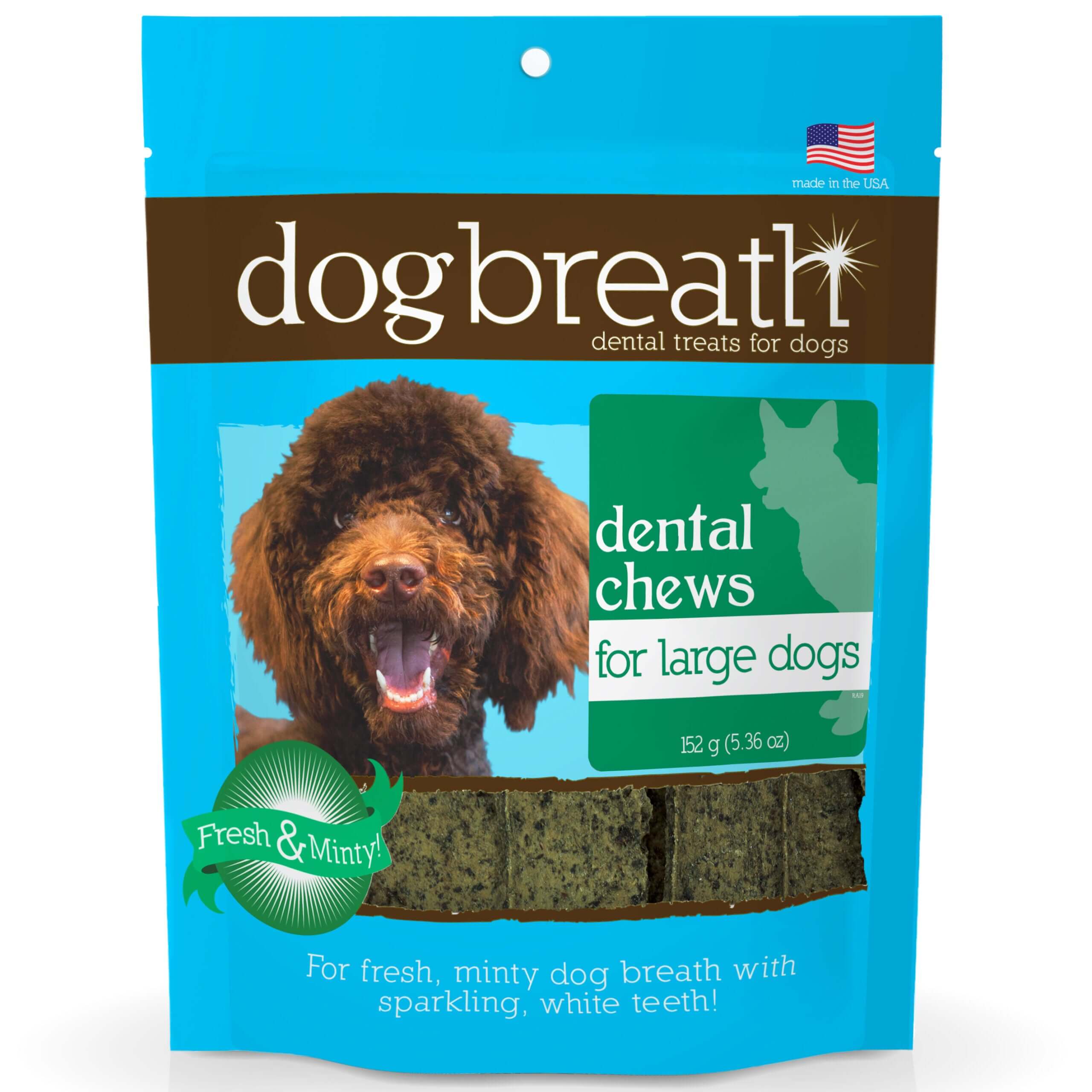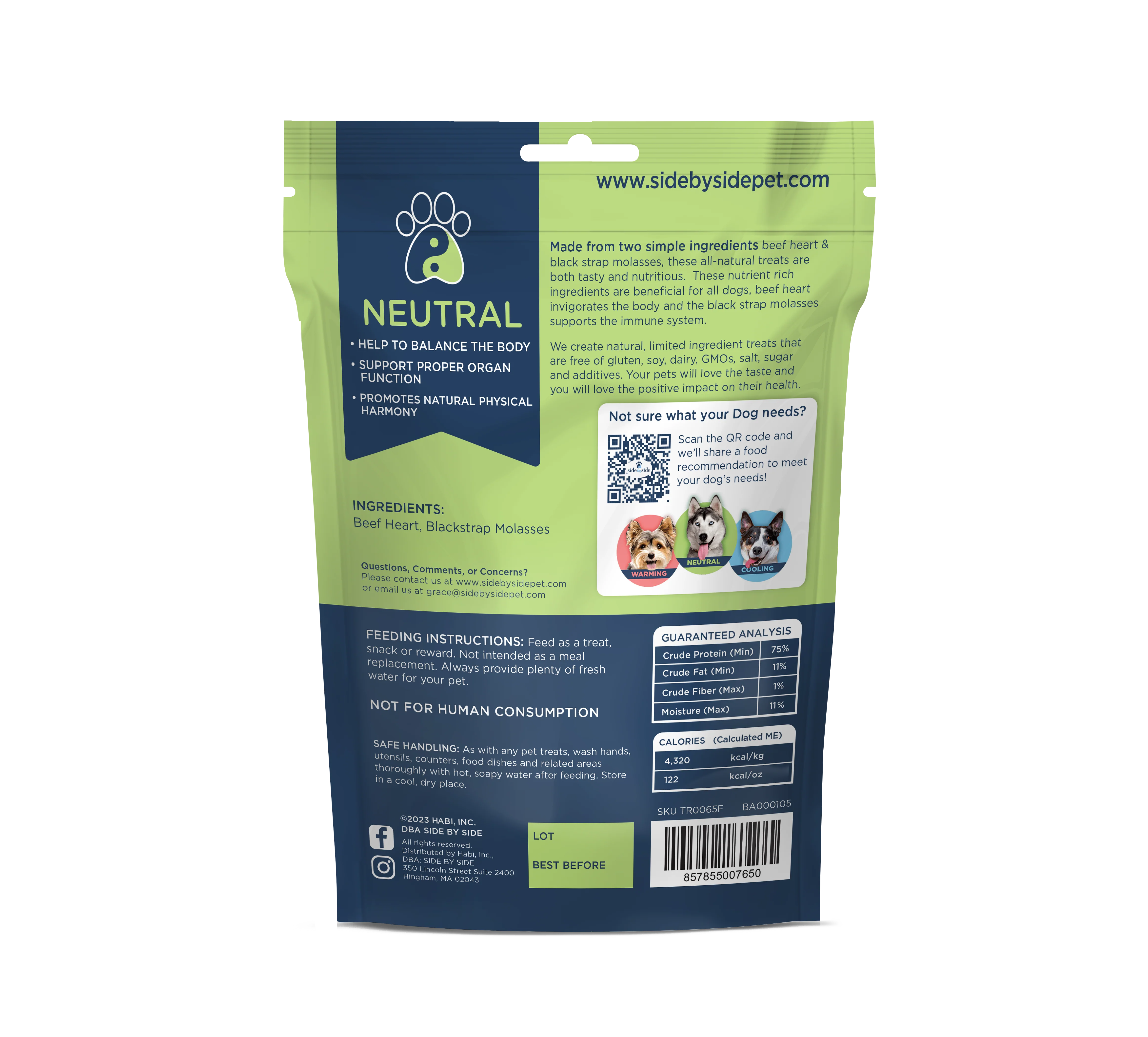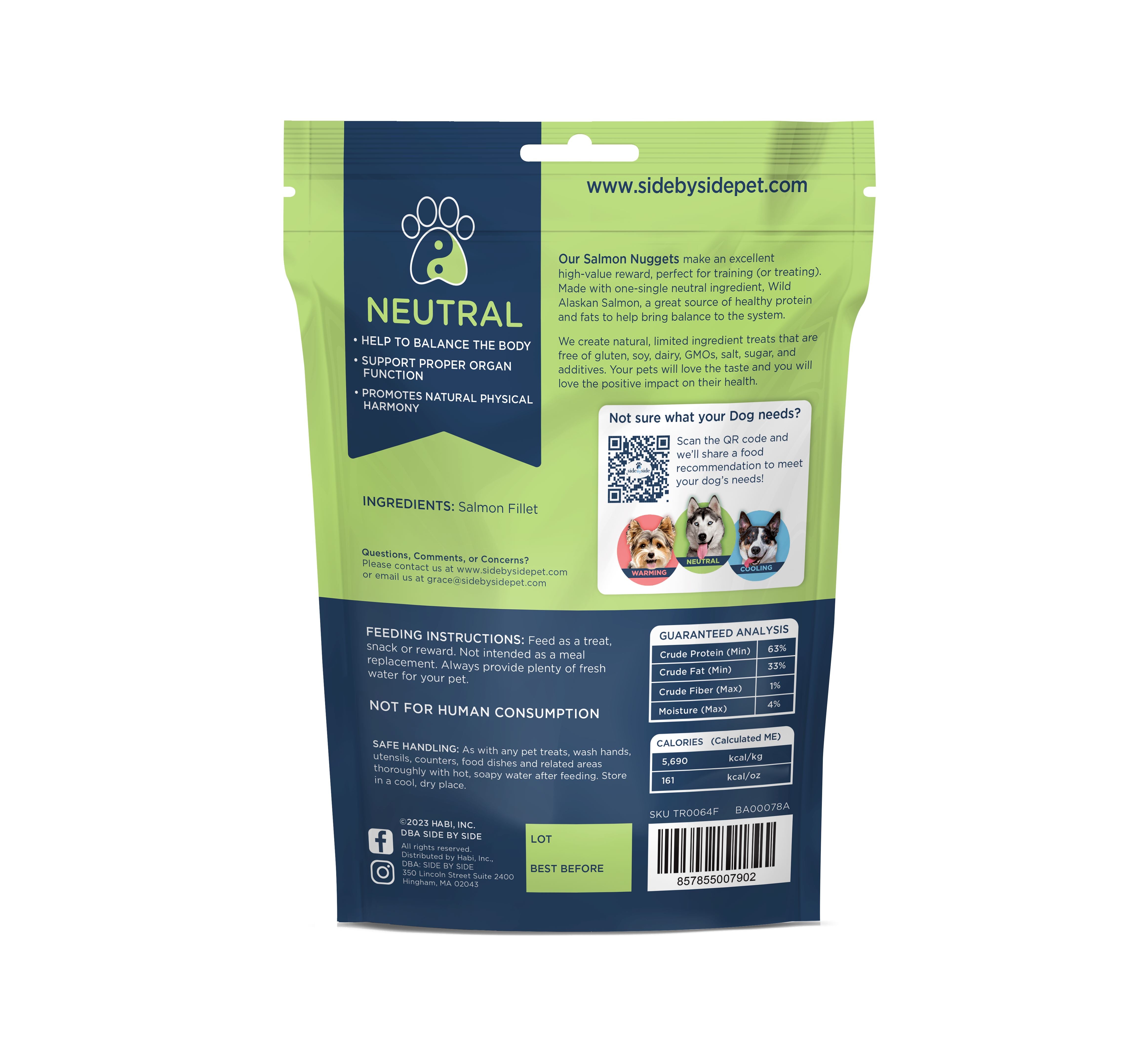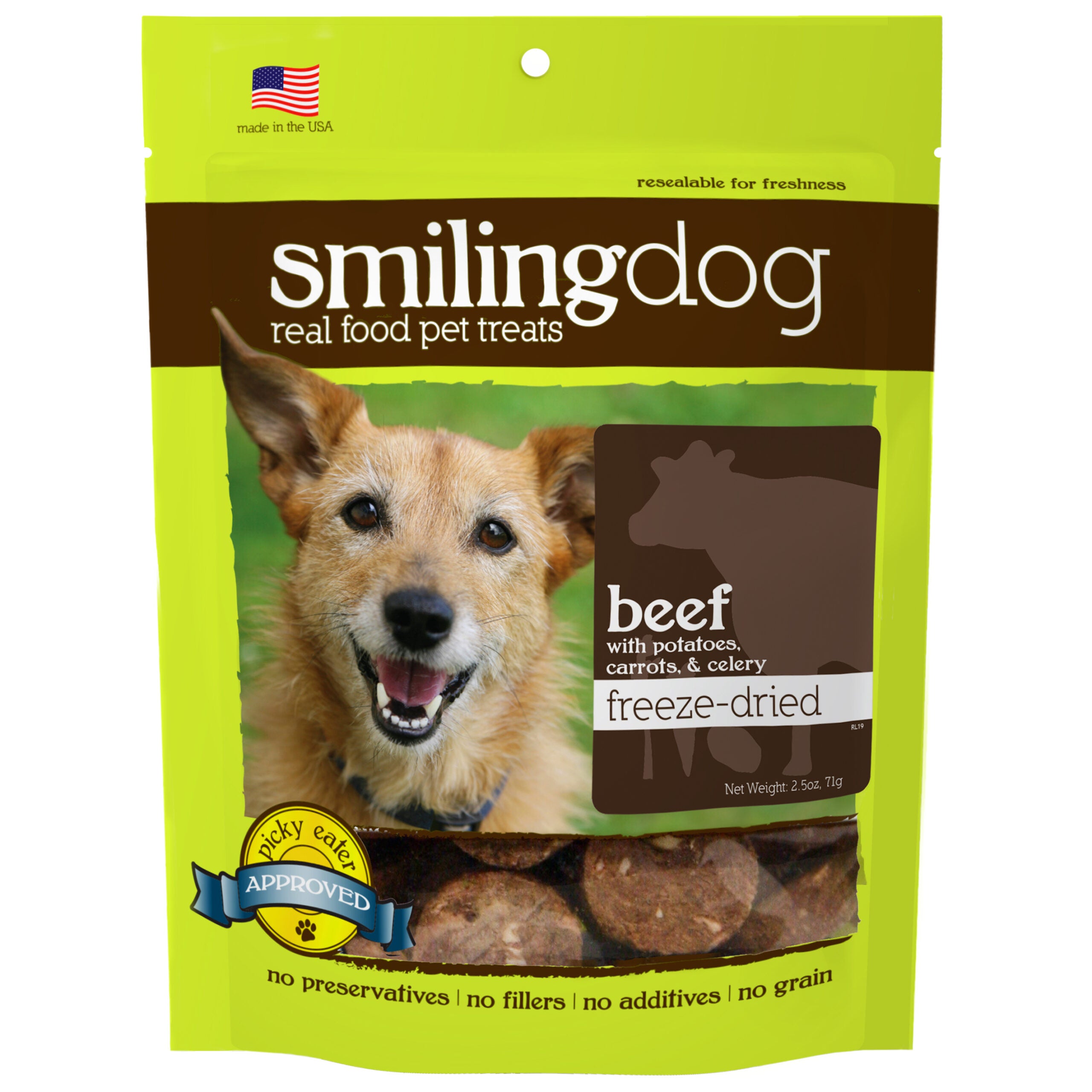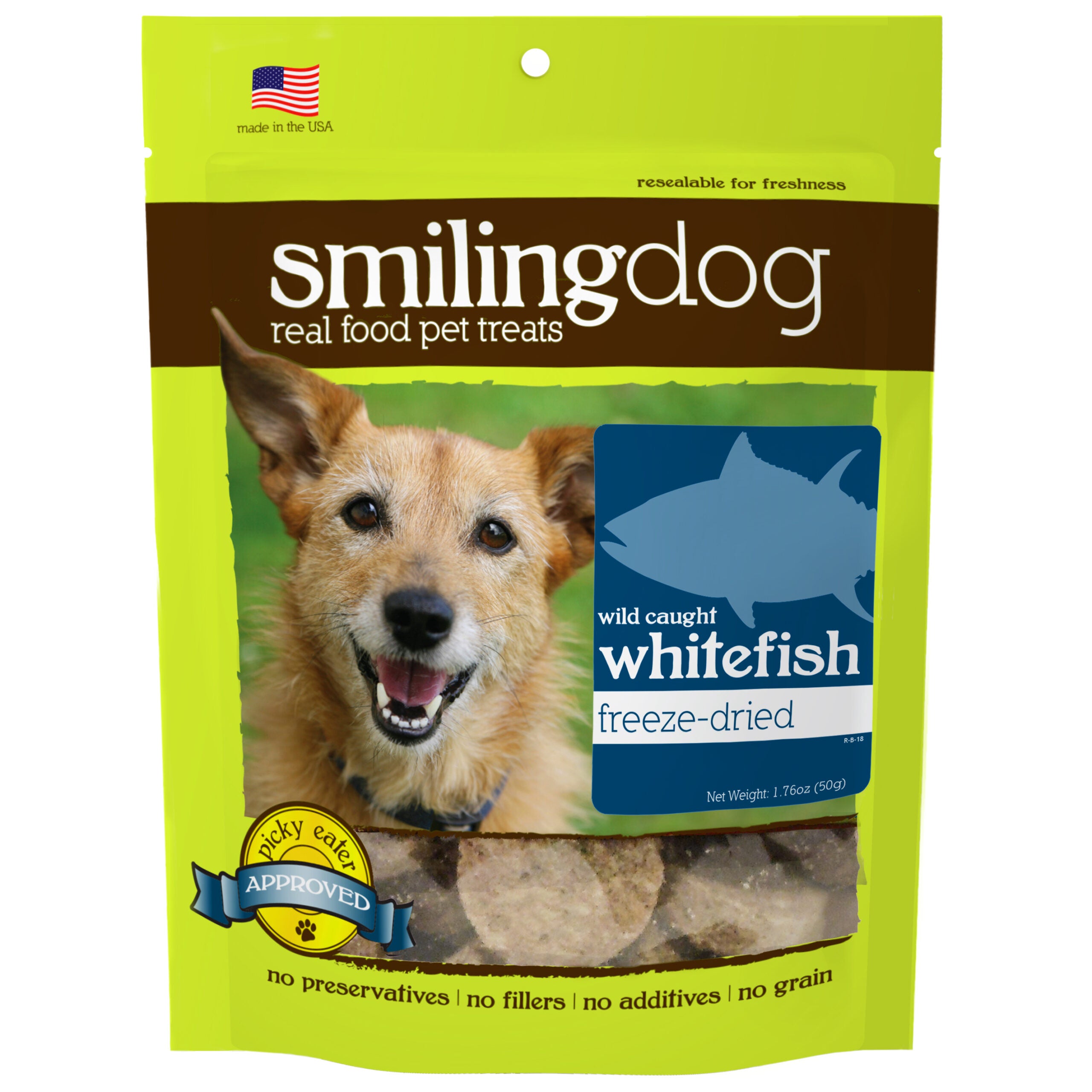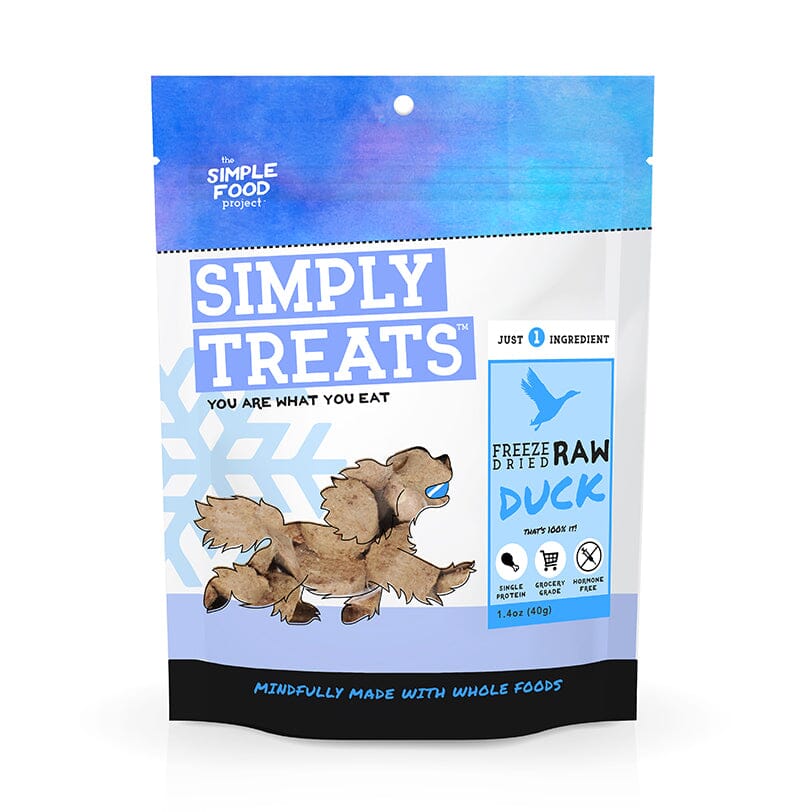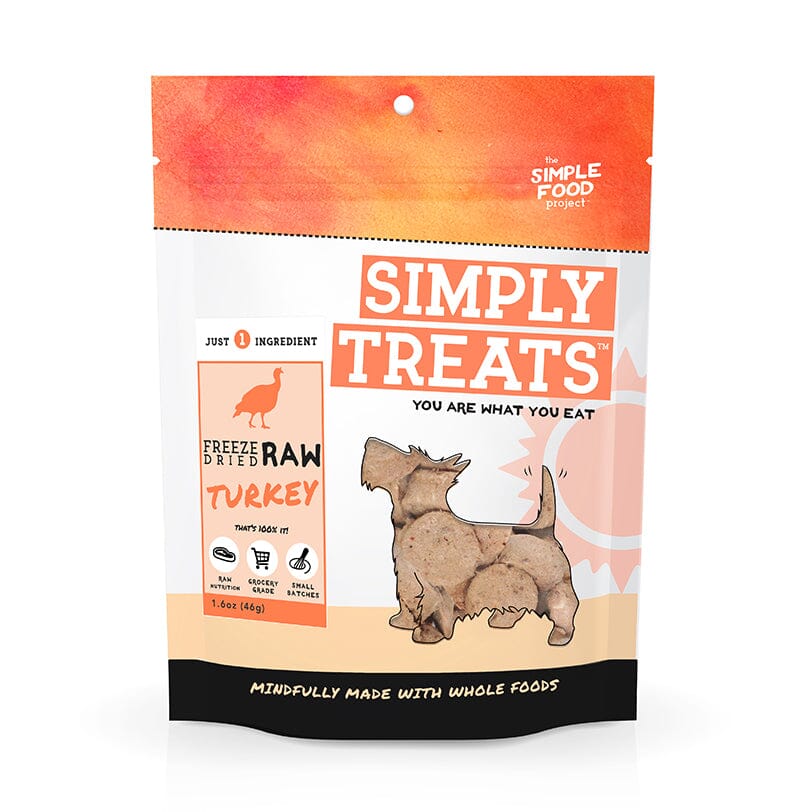Your shopping bag is empty
Go to the shopREHMANNIA EIGHT COMBINATION
Ba Wei Di Huang Wan
FUNCTIONS
Nourishes Kidney Qi, Yin and Yang, adding warmth to the Lower Burner.
SYMPTOMS
Urinary Support, Hepatic Support, Endocrine Support, Muscular Support
INGREDIENTS
Asian water plantain rhizome (Ze xie), Asiatic cornelian cherry (Shan zhu yu), Chinese cinnamon bark (Rou gui), Chinese yam rhizome (Shan yao), (Fu ling), Prepared aconite root (Zhi fu zi)
CAUTIONS & CONTRAINDICATIONS
Avoid use in animals with acute renal inflammation.
QUESTIONS & ANSWERS
Ask a Question-
I noticed, on the back of the bottle, it states to evaporate alcohol place drops in hot water. How much hot water? Do I place all 5-10 drops in hot water, let cool, then place in my cat's food? I concerned about the alcohol. My cat has stage 2 kidney disease and will be taking Gabapentin. Is this safe to use with the Gabapentin?
Thank you for your question!
We are not aware of any interactions with Gabapentin. However, we recommend checking with your vet to make sure this herbal formula is appropriate for your kitty's situation and medical condition.
While the herbal extracts can be given as-is, we recommend the following strategies to make them more palatable.
Here are a couple of those strategies:
1) Add water or broth to the herbal extract.
2) Small doses can be hidden in canned food or ground meat
3) If your pet takes pills, you can add the herbal extract to a capsule.
4) Simmer the extract in a pan on very low heat to evaporate off the alcohol. Initially, the aroma of alcohol will be strong - once it becomes barely detectable, remove the liquid from the heat and replace it in the bottle. Then, refrigerate the bottle.
We hope these ideas help increase the palatability of herbal extracts for your pet! -
Is this product safe for a dog with Insulinoma?
Thank you for your question! While our vets haven't experienced any negative effects of using this product with insulinoma, we recommend checking with your vet who knows your pet's individual case best. If you don't have a vet, we recommend getting a consultation with one of our vets.
-
Is this product safe for a dog in renal failure?
Thank you for your question! I'm sorry to hear your dog is struggling with renal failure. Rehmannia Eight can help support the kidneys and restore Kidney Yin energy. This product is safe and can be used in renal failure, but we recommend checking with your vet to make sure you're using the appropriate herbal formula for your dog's specific characteristics.
-
What is the dosage per dogs body weight?
Hi! Thank you for your question!
Vets usually choose a dose in that range based on individual characteristics, constitution, and symptoms. Dosing and duration depend on the weight of the animal and its condition.
We recommend you contact your vet as the dosing and duration for the formula can vary from patient to patient.
Thank you for supporting Traditional Chinese Veterinary Medicine!



